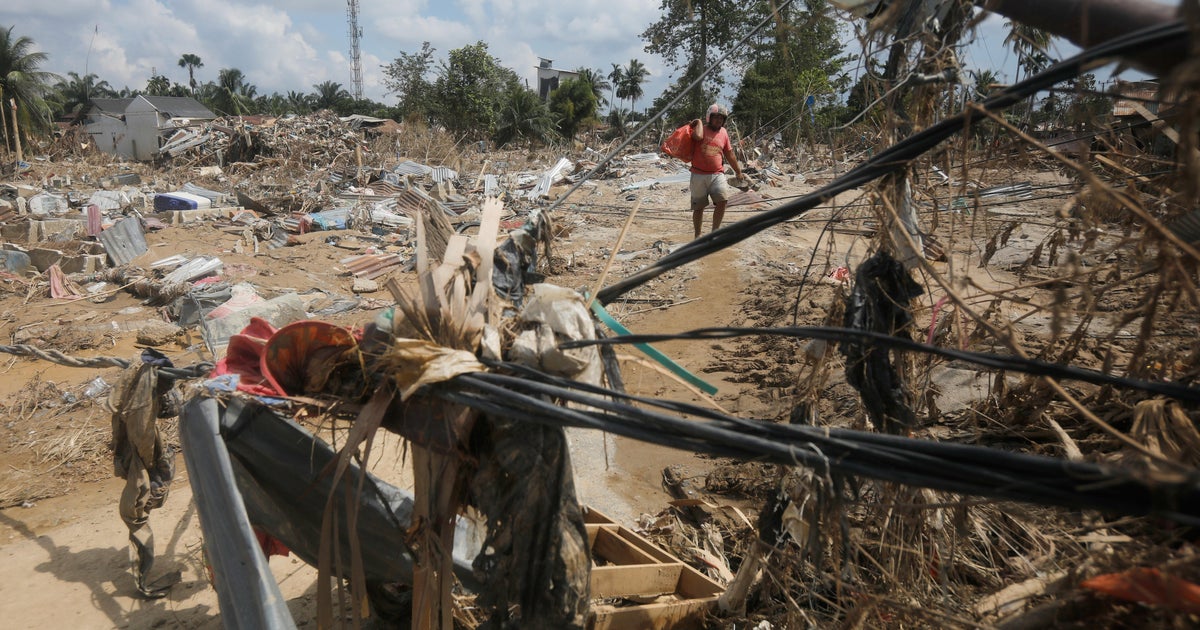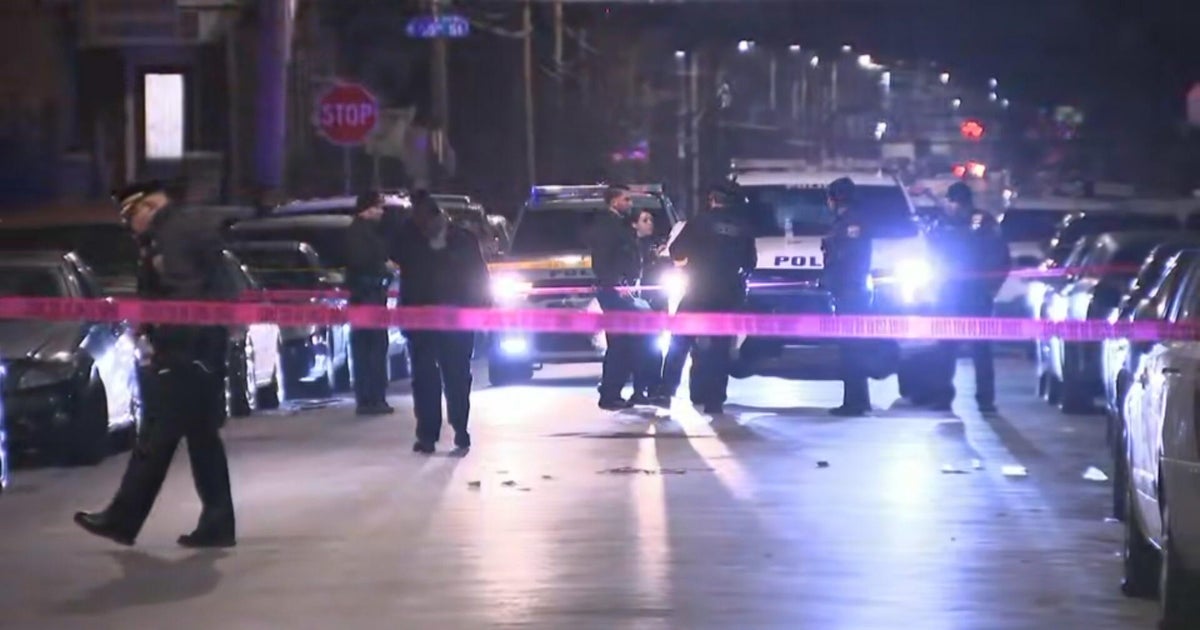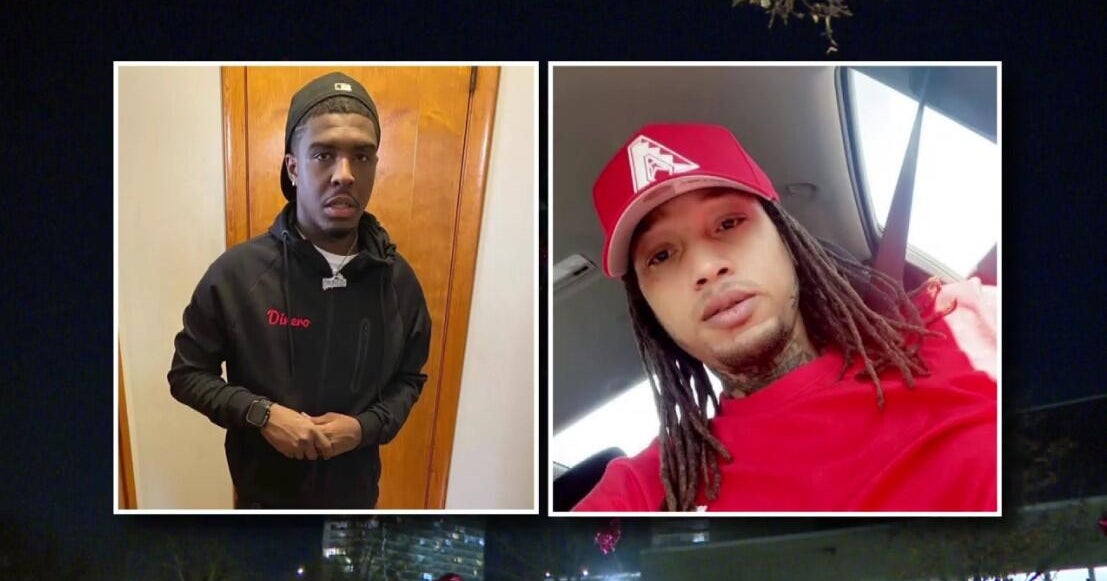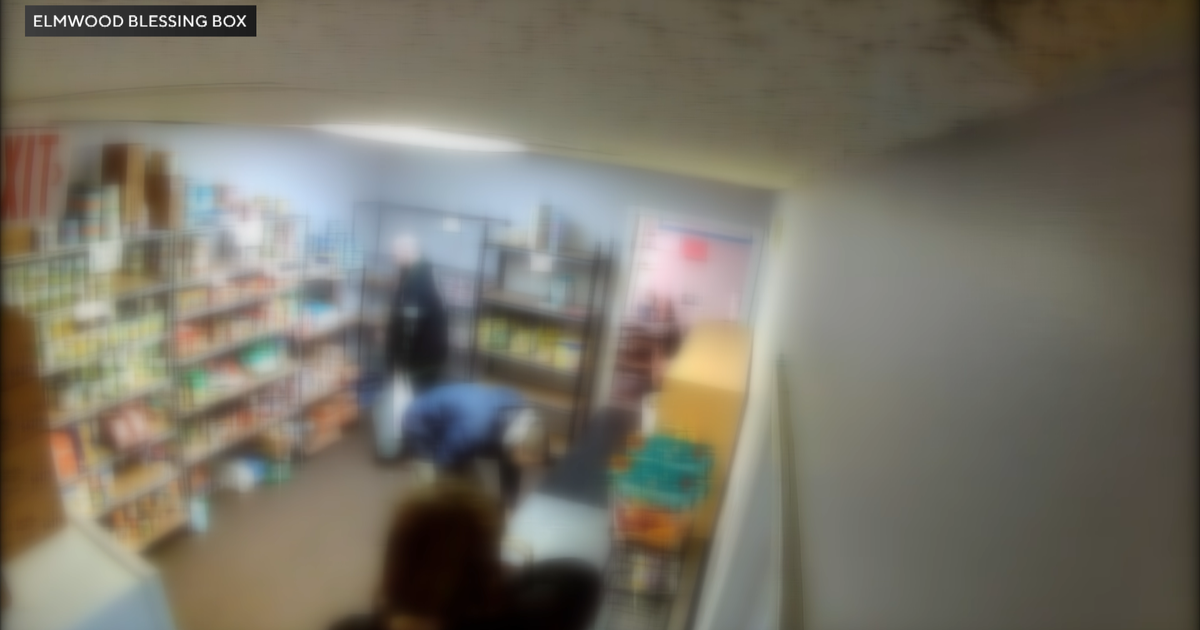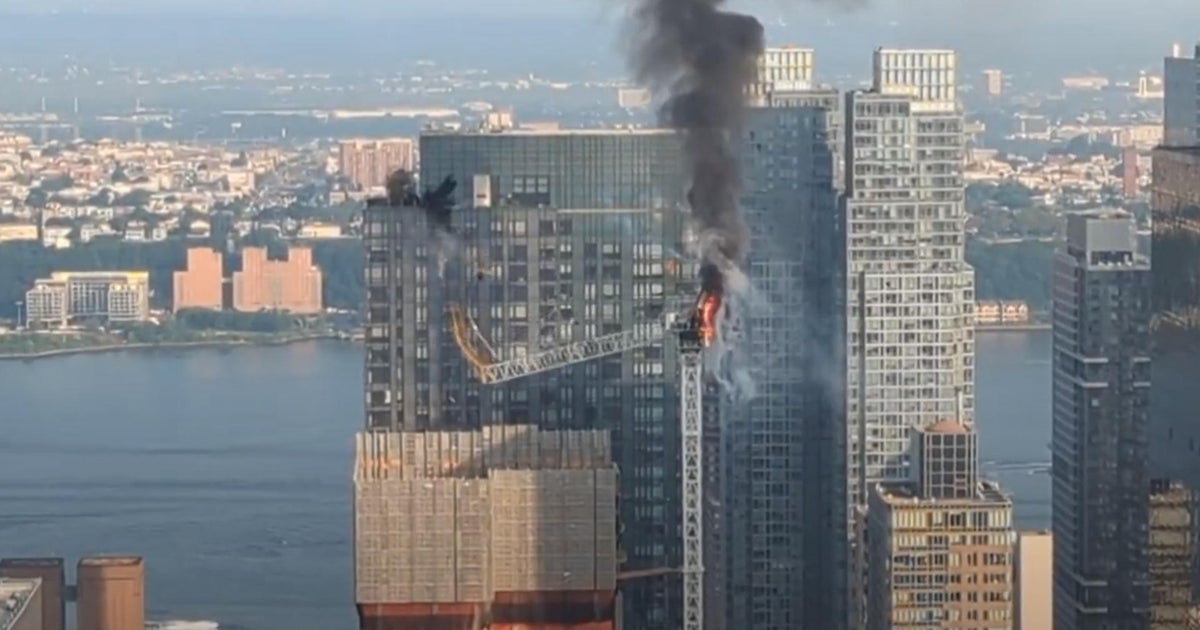New Zealand volcano still too unstable to recover victims
Whakatane, New Zealand — Steam and mud billowed from the White Island volcano in New Zealand on Wednesday, further delaying efforts to recover victims of the eruption that killed at least six people and injured many more. CBS News correspondent Ramy Inocencio said the volcano remained very much active, and officials said they couldn't risk sending recovery personnel to the island.
Officials have raised the number of people listed as missing after the eruption to nine, including seven Australians and two New Zealanders. They are all presumed to have lost their lives when the volcano spewed hot gas and ash 12,000 feet into the air Monday.
Two days after the eruption the island also known by its indigenous Maori name, Whakaari, remained a death trap. Inocencio said an increase in seismic activity made it too risky to dispatch recovery crews Wednesday.
"We all agree that retrieving bodies of the deceased from the island is an absolute imperative," said Sarah Stuart Black of New Zealand's National Emergency Management Agency. "Every day that passes with those bodies unrecovered is a day of anguish for their loved ones who have been affected."
At least 30 people who were caught up in the disaster were still being treated Wednesday in hospitals across the country, pushing burn units to capacity.
"This is just the start of a very long process that, for some patients, will last several months," said New Zealand's Chief Medical Officer Peter Watson.
"The nature of the burns suffered is complicated by the gases and chemicals in the eruption," explained Watson. "We anticipate we will require an additional 1.2 million square centimeters of skin for the ongoing needs of the patients."
A five-mile exclusion zone has been established around White Island, both in the air and on the water.
Many people in the region are members of New Zealand's indigenous Maori population. Pouroto Ngaropo, one of their leaders, told CBS News tremors on the island have been detected over the years, and it's dangerous to assume a volcano won't suddenly wake up.
"We have a living breathing volcano," he told CBS News. "She does breathe, she exists… the whole domain of going into where she is, there's always going to be a risk factor."
As families wait to have their loved ones' remains recovered, and residents struggle to ease frayed nerves, a volcanologist with New Zealand's geoscience agency told Inocencio there was still a 40-60% chance of another eruption over the next day.

